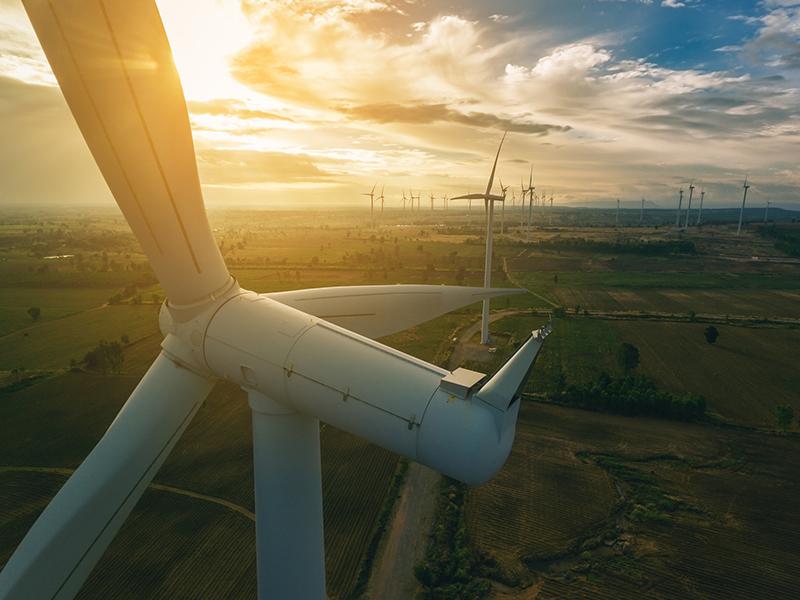Global Climate Action Summit Update—Will We See You There?

By Kelly Gallo, Manager, BSR
With the Global Climate Action Summit coming up this September 12-14 in San Francisco, California, businesses, cities, states, investors, and citizens all have the opportunity to showcase extraordinary climate action commitments that will give world leaders the confidence to continue their support of the Paris Agreement and prevent the worst effects of climate change.
Earlier this month, BSR was pleased to issue Summit invitations on behalf of the Summit Co-Chairs to those of our members who have already demonstrated robust climate commitments through the We Mean Business Take Action Platform. We are encouraging companies to join us in supporting the Summit by making a new commitment, participating directly, or attending a side event. There are many ways businesses can engage.
The main Summit program is focused around five headline challenges:
- Healthy Energy Systems;
- Inclusive Economic Growth;
- Sustainable Communities;
- Land and Ocean Stewardship; and
- Transformative Climate Investments.
BSR is working closely to develop compelling content and feature bold commitments from business around Challenge 2 on Inclusive Economic Growth—specifically showcasing how business leadership on climate can generate good jobs, broad-based economic opportunity, and inclusive, resilient growth. This issue includes the following sub-challenges:
- Science-Based Targets Challenge: Encouraged by Summit Co-Chair Anand Mahindra at Davos in January and through the more recent launch of the Oslo Climate Leadership Declaration, businesses around the world are being challenged to set science-based emissions reduction targets (SBTs) ahead of the Summit, thereby aligning with the Paris Agreement and the level of decarbonization required to keep global temperature increase below 2 degrees C. Companies that are ready to commit to an SBT can reach out directly to CDP to do so.
- Resilience Challenge: Resilience is defined as “the capacity to recover quickly from difficulties.” In the context of climate change, resilience is the ability of a system or community to rebound following a shock, such as a natural disaster. Companies are encouraged to make large-scale supply chain climate resilience commitments that will enable their suppliers to implement resilience strategies—protecting workers, communities, and the natural environment from climate change impacts. For business, building climate-resilient supply chains will enable impact at scale and deliver substantial benefits.
- Just Transition Challenge: Businesses, governments, and labor organizations can share success stories on and make commitments to both a) manage impacts on workers and communities transitioning away from high-carbon sectors and b) promote broad-based economic opportunity through the creation of good jobs in newly emerging sectors. Specifically, companies that procure renewable energy can pledge to integrate just transition and human rights principles into their procurement standards for renewable energy purchases.
In addition to securing commitments related to the above-mentioned Summit challenges, BSR will co-host an event on Tuesday, September 11 focused on various climate resilience efforts.
This side event will explore a number of approaches to help the public and private sectors establish more resilient communities, ecosystems, and supply chains, which can enable people, businesses, and institutions to thrive in a world of increasing climate risks. It will be open to Summit registrants and non-registrants alike, with advance registration required. Please save the date, and check back on the BSR events and Summit affiliate events pages for more details.
For more information about the Summit, visit the Frequently Asked Questions page. If you have any questions about how to work with BSR to make sure your climate commitments are included in the business contribution to climate action, please contact us.
We hope you join us in San Francisco this September, as our collective efforts must lead to a turning point by 2020 in order to prevent the worst effects of climate change.
Originally appeared on BSR.

